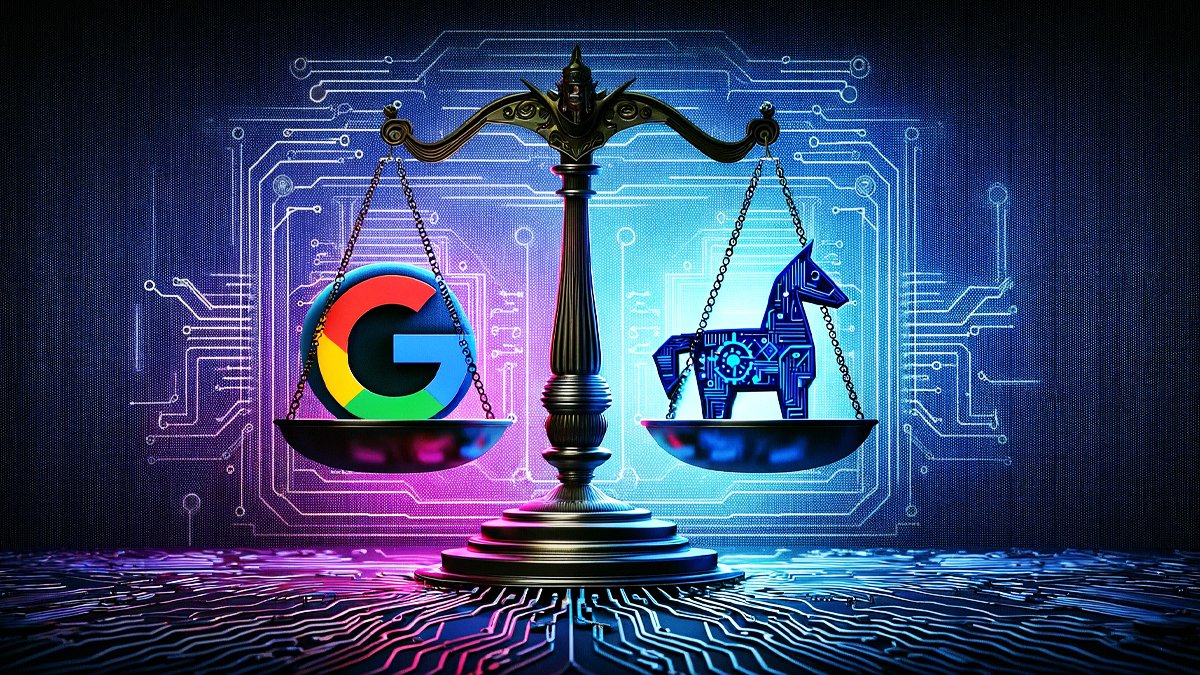Google recently initiated a lawsuit against a group of individuals who, according to the company, used the name and trademarks of Google to promote a fake artificial intelligence (AI) software called “Google Bard”. These individuals are capitalizing on the growing interest in generative AI tools by deceiving internet users into downloading malware.
The defendants allegedly marketed a fake Google Bard
The web giant accuses these three individuals, whose identity is unknown, of claiming to provide, among other things, “the latest version” of Google Bard for download. Google specifies that Bard is a freely accessible generative AI tool that does not require downloading.
The complaint filed by Google also states that the alleged authors are in no way affiliated with the company, even though they claim to be. They used Google’s trademarks, such as Google AI and Bard, to deceive unsuspecting victims and encourage them to download malware onto their computers.
Legitimate intentions in the fight against cyber scams
Before filing this lawsuit, the company based in Mountain View, California, reportedly sent around 300 takedown notices since April to the group responsible for the fake Bard software, without receiving a response. If this lawsuit is successful, it will serve as a deterrent measure and establish a clear mechanism to prevent this kind of scam in the future.
Google warns that scammers are increasingly taking advantage of unsuspecting users due to growing public interest in new generative AI tools. Their situation is slightly different as malicious individuals exploit the recent hype surrounding AI by launching software claiming to offer similar features but actually containing malware. This can cause various problems for those who inadvertently install it.
Google’s goal with generative AI
According to Google, its generative artificial intelligence project aims to simplify research by providing a faster understanding of subjects and revealing new perspectives and knowledge, while facilitating task completion. Therefore, it is important for the company to defend and protect its legitimate AI projects against scams and potential attacks.
Technological advancements attract scammers
Nowadays, there is an increasing number of technological products incorporating artificial intelligence. From ChatGPT in your web browser to drag-and-drop image editing tools, the demand for these innovations continues to grow, thus attracting malicious individuals ready to exploit unsuspecting internet users.
To avoid falling into the trap of scammers, it is essential to verify the source and origin of software before downloading it and to ensure that it comes from credible and reputable developers. For their part, companies need to be vigilant and proactive against attempts to exploit their brands and products in order to protect their reputation and that of the industry in general.
A constant struggle against online fraud
The lawsuit filed by Google is part of the many actions taken by digital stakeholders to combat the proliferation of scams on the Internet. It is also up to users to remain vigilant and report any suspicious activity, thus contributing to ensuring a safe digital environment for everyone.






